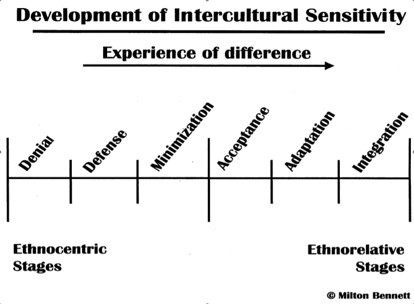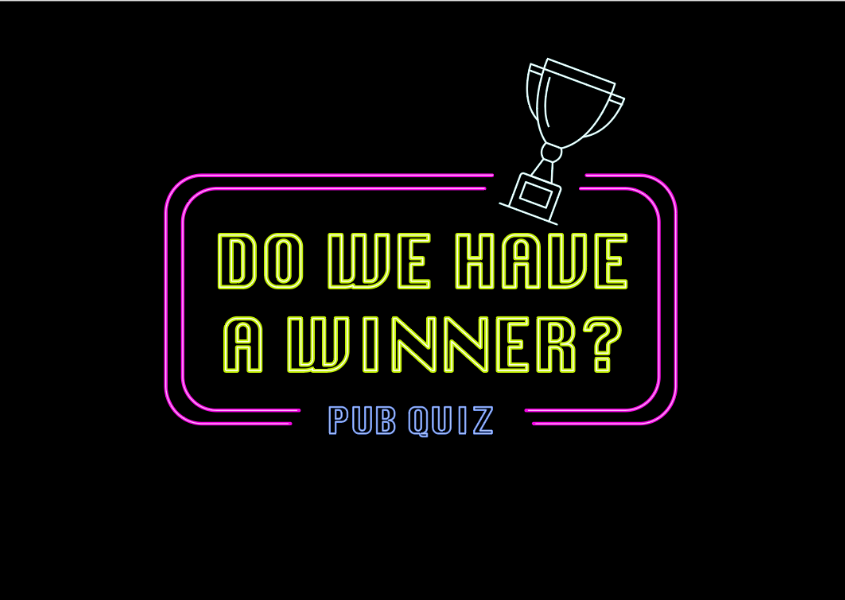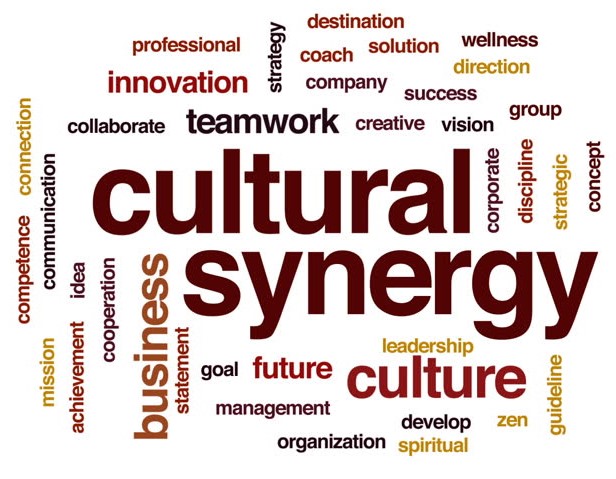Intercultural Communication
Met criteria
| Reflect on own socialization, self-image and motivation and have knowledge about own cultural baggage.The DMIS-model paper and Culture Essay helped me to reflect on my cultural awareness and how I apply Intercultural Communication in practice.
| Reflect on professional practice in different intercultural models.The DMIS-model, W-curve (adjustment process/culture shock) and Cultural Synergy are models I used to reflect on my professional competences with Intercultural Communication.
| Have a vision on working in intercultural group.I already did the Intercultural Communication course on Avans, but haven't got the chance to put it into practice. The Design Challenge and project team gav2e me a new vision on working within an intercultural group, like stated in my essay.
DMIS-model paper
This paper is written based on an article made by Milton Bennet. While discussing the article, it was noticeable that all classmates are in an ethnorelativism-stage. I think it has something to do with this minor given in English because most ethnocentric Dutch students aren't very fond of speaking English. Likewise, the non-Dutch students are willing to collaborate with Dutch students throughout the courses.
It's quite interesting to know that a model (and some examples per stage) can measure my cultural sensitivity. Now that I know where my place in the model is, I have new insights on how I can improve myself to go to the next stage.
View PaperTed Talks reflection
These Ted Talks were very inspiring. I’ve noticed, because at home I was talking about it a lot. I mean, how can you ever think about how language defines small insignificant daily things? Like perception of objects and events. The example of the broken vase is interesting! So was the Ted Talk we’ve found about the Italian guy talking to a Danish police office.
We’ve evaluated our foundings from the following Ted-Talks: "how language shapes the way we think", "how culture drives behaviours" and "cross cultural communication".
View slidesTrip to Berlin
It was the first time I did a design workshop with abroad university students on a school trip. Moreover, they also gave us a tour around their campus which was very nice. I also got in touch with a German student who is working on a design project. She told me it was hard for students to convince management to implement their ideas, which I find a weird story. Now when I'm home, I have many questions about this situation. Why would a company agree on starting the project in the first place? Is it because of the high power distance between management and project stakeholders? I never got to ask. Anyway, here is our solution-presentation from the workshop. It was an awesome trip!
View slidesPub Quiz
Our intercultural tool is a pub quiz. Our objective is to divide the attending people into teams and let them discuss the possible answer. So, we give the people conversation starters and the opportunity to talk about (subtle) cultural differences in a relaxing 'pub-setting'.
While doing the pub quiz in class, the teams were struggling with the timer and rules. They proclaimed that they were focussing more on the game rather than starting conversations. Luckily, the various rounds and question explanations reclaimed the interests of all teams.
I thank everyone for participating and their feedback! The next time, we'll grab a beer among the pub quiz 😁
View quizCulture essay
Last but not least, this is an essay about my experiences with working in this intercultural group. Working with multiple disciplinaries in one project group is something I've never done before, so it was quite an emotional roller coaster.
Intercultural Communication was a subject I was taught at Avans. I didn't take those lessons very seriously, because I couldn't imagine how hard it would be to work in an intercultural team. However, I began to understand those models better when I attended this minor and left my programming line of work.
View EssayReflection on this course
I've had Intercultural Communications as a subject before at Avans. We've discussed many models, made essays and attended lectures from intercultural companies. It was very informative, but I still felt like that information only applied on going abroad and working with multiple nationalities.
Now at Fontys, it was the first time I operated in a multi-disciplinary project group, which is a multi-cultural group. Writing the Culture Essay made me realize how much of the Avans lectures are appliable in multi-disciplinary situations like these. So Avans gave me the theory and Fontys applied most of that knowledge.
Did I learn more about Intercultural Communication? I sure did! Did it change my perspective on different cultures? I'm not sure... I've been experiencing and working with different disciplinaries/ideologies to learn about their manifestations. However, I still prefer to hold tight to my own ideologies.




